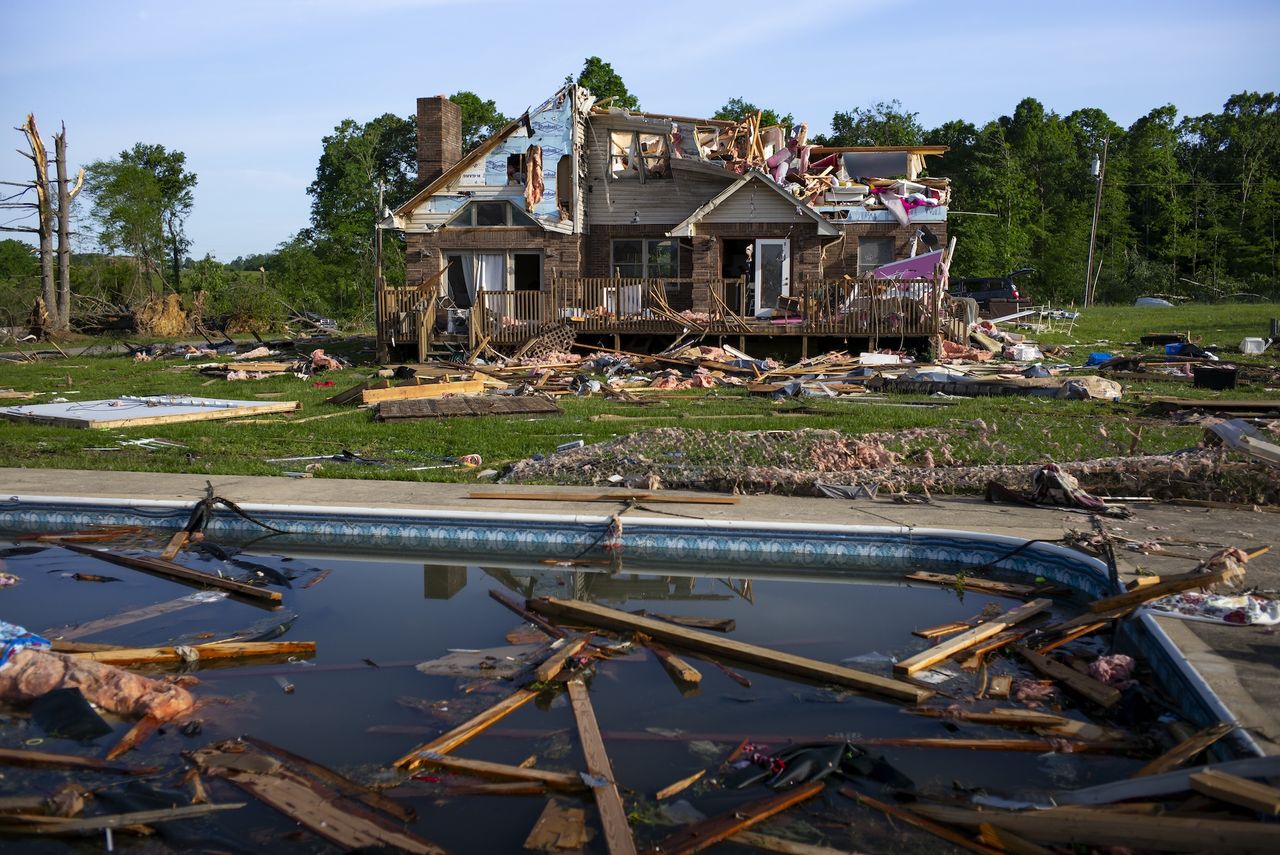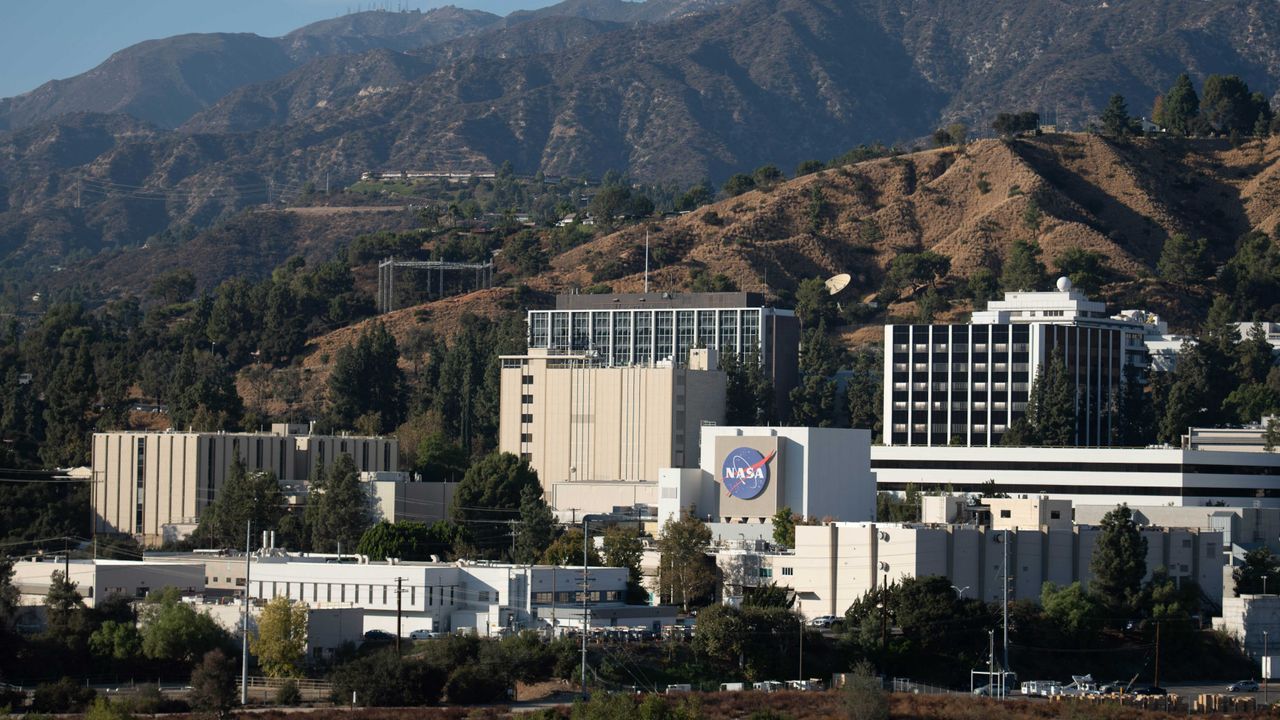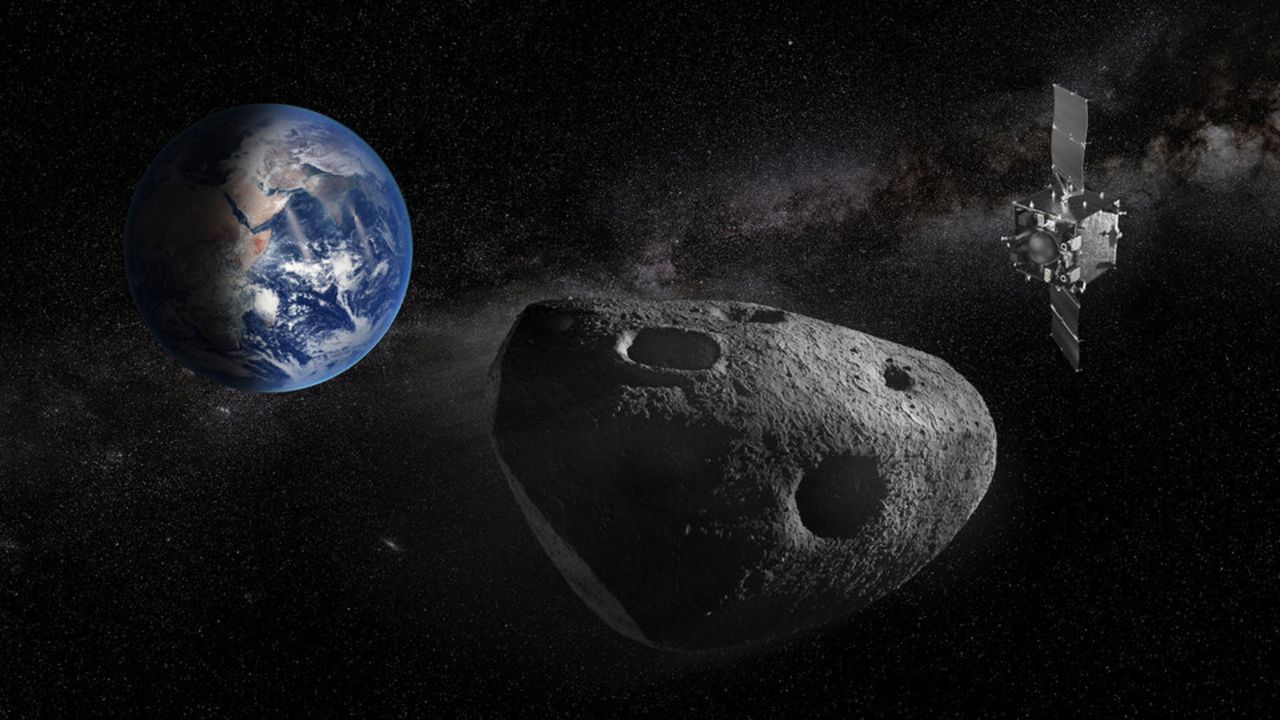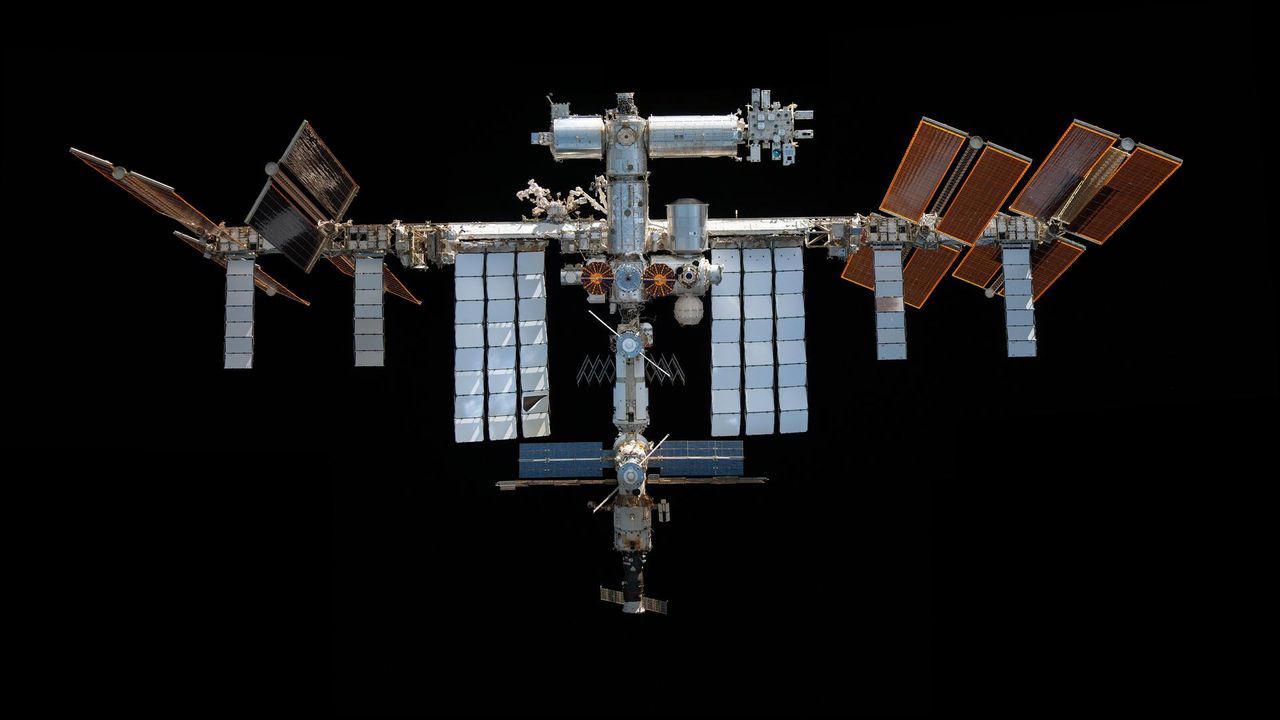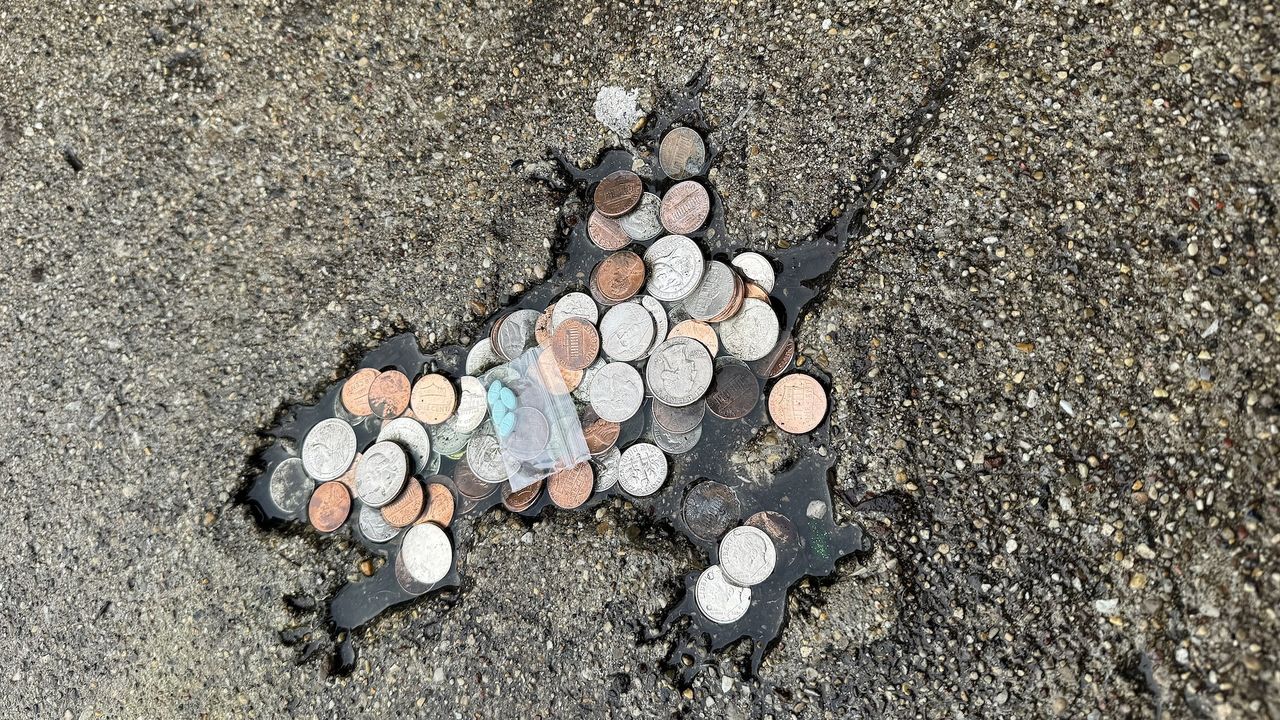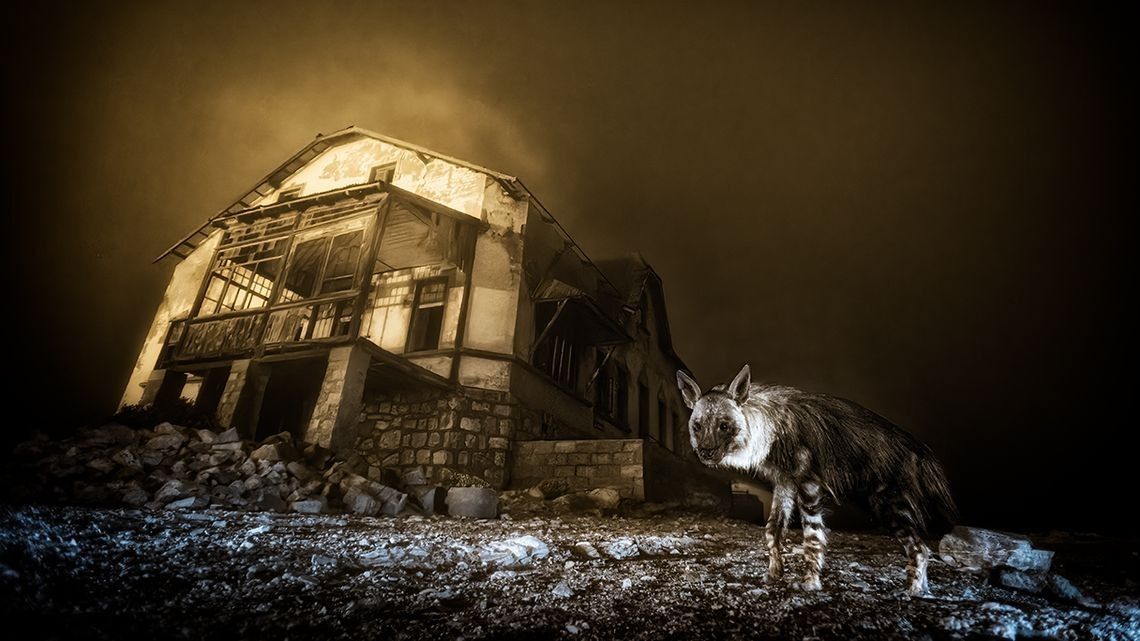NASA Is Crucial to the U.S. Winning the New Space Race
PositiveScience
NASA plays a vital role in ensuring the U.S. maintains its status as a superpower in the competitive arena of space exploration. As other nations ramp up their space programs, the support for NASA becomes increasingly important to secure technological advancements and leadership in this new space race. This not only impacts national pride but also influences global partnerships and economic opportunities.
— Curated by the World Pulse Now AI Editorial System
